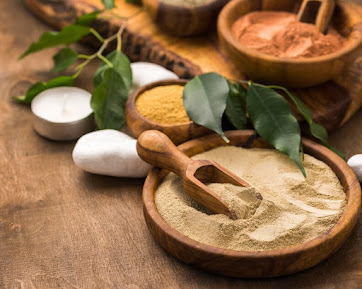The Role of Ayurveda in Managing Joint Pain and Osteoarthritis

Introduction Joint pain and osteoarthritis are prevalent conditions that can significantly affect an individual's quality of life. Traditional systems of medicine like Ayurveda have been offering holistic and time-tested approaches to manage these conditions effectively. In this blog, we will explore the essential role of Ayurveda in managing joint pain and osteoarthritis. Understanding Joint Pain and Osteoarthritis Joint pain can result from a variety of causes, including injury, inflammation, or degenerative conditions like osteoarthritis. Osteoarthritis is the most common form of arthritis and is characterized by the gradual wear and tear of joint cartilage, leading to pain, swelling, and limited mobility. It often affects weight-bearing joints like the knees and hips and is more prevalent in the elderly. The Role of Ayurveda Ayurveda, an ancient system of medicine from India, takes a holistic approach to health and wellness. In the context of joint pain and osteoarthritis...


